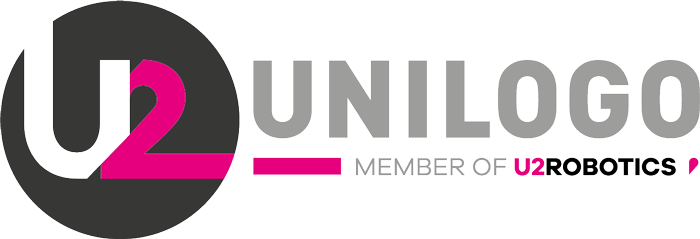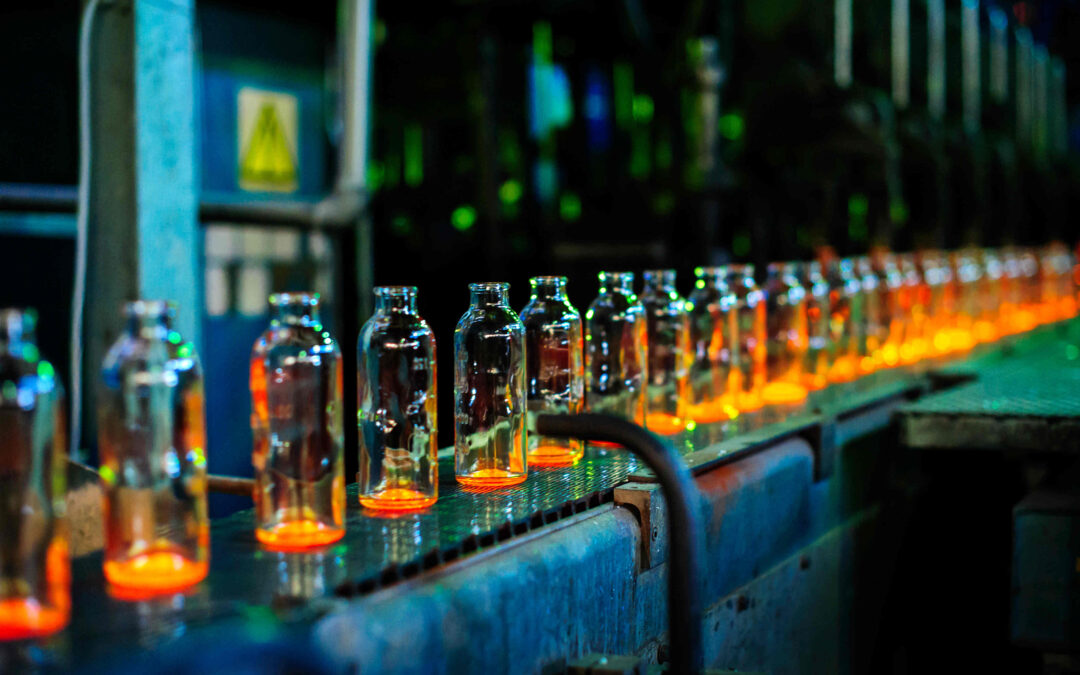Perfume production involves the creation of new fragrance products. It consists of a number of stages during which different methods of fragrance sourcing, blending, and bottling are used.
Table of contents:
Perfume production – what are the stages of production?
The perfume manufacturing process can be divided into two main stages. First, the producer creates a new fragrance and develops a suitable formula through conceptual work and research. During the research, it is determined what ingredients and proportions will be used in the production of the fragrance. The concept of the perfume is created based on the analysis of customer preferences and currently available products on the market.
The second stage is procuring the raw materials and components for the perfume, purchasing the appropriate machinery, designing the production process, and organising the logistics and distribution of the product.
Once the conceptual work and production preparation is completed, the manufacture of the new perfume can begin. Perfume production involves several key stages. The first stage is the sourcing of the fragrance ingredients that are required to create the new fragrance. Perfume ingredients are commonly divided into natural and synthetic. Natural fragrances are derived from plants or animals, while synthetic chemicals are produced in laboratories as an alternative to natural ingredients.
Synthetic or otherwise artificial ingredients are chemical compounds that reduce the cost of perfume production. They imitate the scents of various natural substances, such as flowers, fruits, and trees. Perfume manufacturing technology makes use of various synthetic chemicals, such as aldehydes, which are used as the first fragrance notes in perfumes, or Vanillin, which is designed to imitate the natural scent of vanilla.
Synthetic chemicals are used not only because of the lower cost of perfume production but also because they are more long-lasting and stable compared to natural ingredients, which often lose their fragrance over time.
Some more discerning customers are willing to pay a higher price for perfumes with natural ingredients. However, before natural ingredients are incorporated into cosmetics, it is necessary to source them. There are several techniques to extract fragrance notes. The most popular method is steam distillation, in which the steam passes through the plant material and releases the essential oils that are separated from the water and oil phases. Other methods include oil extrusion, solvent extraction, enfleurage, and maceration in water at room temperature.
For a perfume to be made, the extracted ingredients must be combined by blending. At the design stage, blending is a complex process that requires many trials and experiments to obtain the right scent and the right proportions of perfume ingredients. At the production stage, this is much simpler as the ingredients are combined according to a previously developed formula. Once blended, the finished perfumes are packaged into individual and bulk containers during the customising process.
Perfume manufacturing technology – machines used in the process
Due to the complexity of the perfume manufacturing process, it involves many machines. Machines such as fermentation tanks and distillation columns are used during the initial stages of production. The former are used to ferment natural ingredients, such as essential oils and plant extracts, so that they have a more intense aroma. The latter are used to extract oils from natural raw materials, such as flowers.
In order for the perfume to have the right consistency, scent, etc., all the ingredients, including essential oils, alcohol, and distilled water, have to be properly mixed. The ingredients are mixed with mixers. They play a crucial role in obtaining the right properties of the perfume.
Once all the ingredients have been combined, the final stage of the perfume manufacturing process, namely customising, takes place. The process involves bottling the perfumes into flacons and packaging the filled bottles into unit packages.
The perfumes are dosed into bottles with pouring machines, such as the Perfumline 50 pouring and closing machine from Unilogo. Machines of this type are designed to work with the closures most commonly used in the perfumery, i.e. atomisers, micro-sprays, etc. They also boast high precision so the same amount of product goes into the container every time.
Perfume production also uses various types of measuring machines, including scales and devices for the measurement of temperature, pH, and density, for the precise control of the manufacturing process.
Subcontract perfume production – what does it involve?
Many companies in the perfume industry subcontract the development and production of perfumes. Subcontract perfume production is also often an interesting marketing solution for companies that are completely outside the industry. This way, a brand can become the owner of its own perfume line without having any experience in perfume production. Fragrance products can be a great way of attracting new customers. Perfumes can also be used as a gift for employees or best clients.
What does the subcontract perfume production involve? In fact, it is no different than standard fragrance production. The only difference is that companies offering subcontract perfume production may not be involved from start to finish. For example, they may only be involved in the development of the cosmetic formula, so they provide a service for their clients only at the selected production stage.
Perfume production. Summary
Perfume production is a multi-stage process that includes research, fragrance design, blending, and testing. Each of these stages is crucial to creating a product that will meet the needs of the market and is profitable for the manufacturer. The right fragrance note for a perfume is obtained by mixing different fragrance ingredients of natural or synthetic origin.
Specialised machinery, such as pouring machines, is required to produce perfumes. Unilogo specialises in building perfume production machinery for the cosmetics industry and beyond. If you are interested in our offer, you can quickly and easily contact our team of experts using the contact form. Our experts will provide you with all the necessary information on our products and help you choose the option that best suits your needs.


